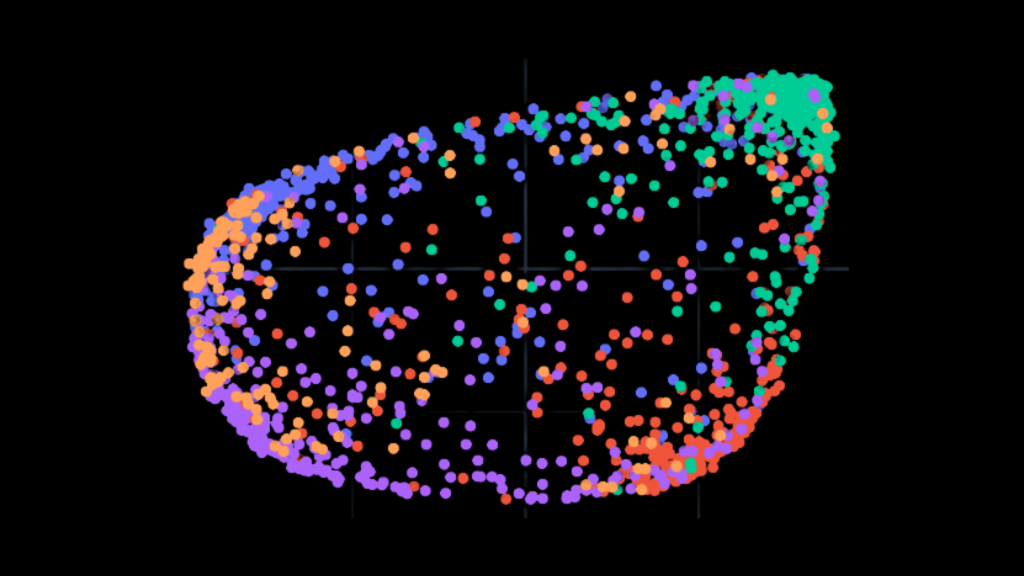AI in journalism is a topic of debate, but beyond the question of whether robots will replace journalists, the real question is how editors and journalists can use these new tools to their advantage.
You are reading the Upgrade Media newsletter sent on 21 April 2023. Sign up now to receive future newsletters directly in your inbox.
Discover the benefits and limitations of AI in the newsroom, and how it creates new job opportunities. Also learn how you can leverage AI to optimise your content strategy and stand out from the competition.
I hope you enjoy reading this newsletter and please let me know if you have any suggestions for improvement.
David
David Sallinen
Founder
Upgrade Media &
New World Encounters

The first spreadsheet software, VisiCalc, was instantly billed as the death knell for traditional accounting roles, yet as the BBC reminds us it actually kick-started a whole new approach to accounting, and created thousands of jobs in the process.
For all the recent fuss about ChatGPT it’s worth remembering that a full five years have gone by since French author Damien Desbordes published his book on whether robots would replace journalists.
AI in publishing has hit the headlines with big players already replacing journalists with algorithms, both in the technology world at CNet, and more eye-catchingly with the announcements from Axel Springer.
Axel Springer may have hit the headlines, but in fact many major news outlets, including Reuters, the Associated Press, and the Washington Post are all using AI. ChatGPT may be getting the lion’s share of the coverage but Google’s Bard, and Microsoft’s Bing are quietly moving in on the sidelines.
There are also plenty of schadenfreude-soaked articles about the failings of AI including factual errors and inappropriate behaviour.
From Upgrade Media’s point of view, however, what matters is not whether the robots will replace us, but how publishers and journalists can best use these new tools to their advantage.
Journalists using AI tools are quick to point out their benefits when it comes to generating synopses of complex issues, automatically generating follow up questions, and even subbing text. The AI chatbot can also help time-pressed smaller publishers to create levels of customer support that take pressure off staff.
What is perhaps more interesting is looking at what AI can’t do; and how that plays to the strengths of journalism. The nature of AI is that its responses are based on historic, already existing information and not the fresh, the personal experience, or the community voice. Which means that publishers might be best served by using AI for what it is good at while diverting resources to investigative journalism, local community experiences, and building their own distinct branding.
Before announcing the death of journalism it’s also worth noting that a new role has been created: the AI editor. The Financial Times has appointed Madhumita Murgia as its AI Editor to cover the implications and developments of this technological surge.
To find out more about how our use of AI can help you, optimizing strategy, stimulating readers and standing out from competitors take a look at our own findings on how AI can help select the right headline.
◾️ We work for media and communicating companies to accelerate their digital transformations, evolve their organizations, print and digital products, and also develop team agility.
◾️ Check out our Upgrade Media site and its New World Encounters brand to learn more about our projects and approach.
◾️ We hope this article and our other content inspires you!
Thank you for reading.
Keep up to date with all our news by subscribing to our LinkedIn newsletter.
